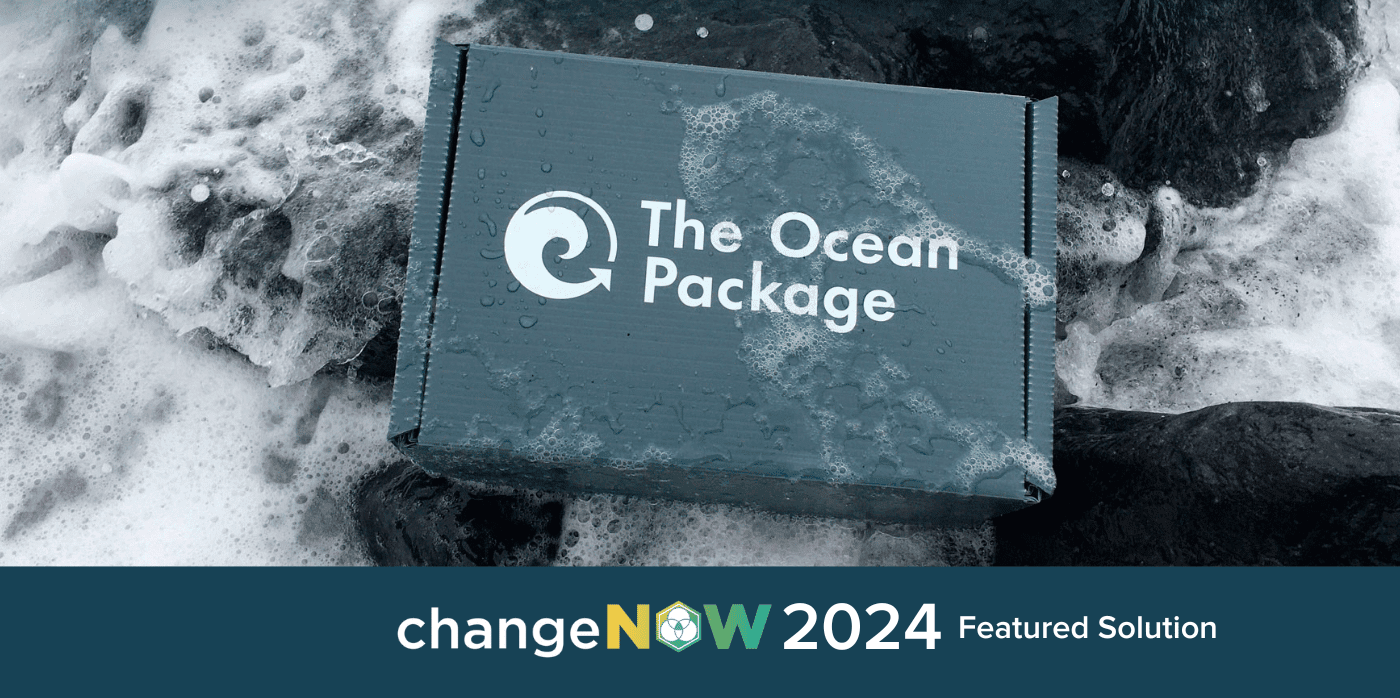
Spotted: E-commerce is growing steadily, with one forecast predicting that it will reach 23 per cent of total worldwide retail sales by 2027. Unless innovative solutions are found, this growth will come with an equivalent increase in the volume of packaging. Rather than focus on recycling alone, several organisations are now turning to reuse as a way to more rapidly reduce pollution and improve the circularity of their operational processes.
In Germany, a company called The Ocean Package offers a packaging-as-a-service solution consisting of fully traceable reusable boxes. Each box consists of up to 70 per cent recycled polypropylene plastic and 30 per cent virgin materials. To avoid unnecessary dyeing and material treatment, the boxes are all grey – the colour of plastic after it’s been recycled. Up to one-quarter of the weight of the boxes, which are designed to be easily flattened and returned via postboxes, is recovered ocean-bound plastic from the North Sea.
Most of the companies that partner with The Ocean Package are in the subscription and rental sector and have already established reusable packaging cycles. In this application, the organisation’s service integrates seamlessly with these existing processes, and partners agree to return all packaging for recycling at the end of its useful life. The company is also exploring potential collaborations to bring its reusable solution to the B2C sector.
The boxes come in four sizes ranging from small to extra-large, and the accompanying logistics platform tracks every package for its full life cycl. The platform also provides detailed analysis of a company’s processes, and the data can help monitor ESG performance indicators.
The Ocean Package expects to use each box at least 20 times. Each use reduces carbon emissions by 80 per cent from that of traditional packaging systems, and waste is reduced by up to 95 per cent when compared to cardboard. The company’s development plans include expanding its network of partners and working with a broader range of organisations, including those that are not as far along in the circular economy path.
Corn-based laminate and a mushroom-based biodegradable polystyrene alternative are two examples of material innovations in Springwise’s library that could help us replace plastics.
Written By: Keely Khoury

